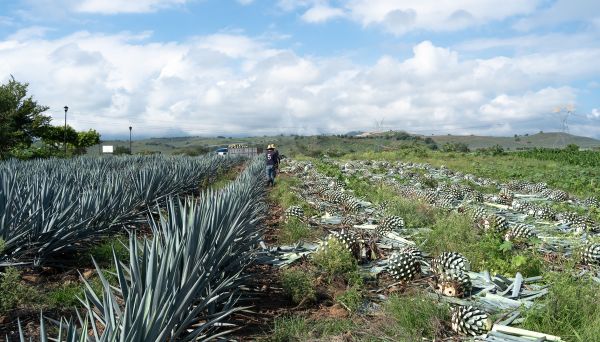CEC Receives Submission on Agave Production in Jalisco

The Submitter asserts that agave plantations are causing extensive deforestation and that tequila production is seriously impacting water quality in Jalisco, Mexico.
Montreal, 13 April 2023 — On 11 April, a Mexican citizen filed a submission under Chapter 24 of the United States-Mexico-Canada trade agreement (USMCA/CUSMA) with the Commission for Environmental Cooperation (CEC). The Submitter asserts that Mexico is failing to effectively enforce its environmental laws to protect water quality from the effects of agave cultivation in Jalisco, Mexico.
In submission SEM-23-003 (Agave Production in Jalisco), the Submitter asserts that agave production, as a resource-intensive industry, results in extensive land-use change and deforestation in Jalisco, which in turn contributes to desertification in already semi-arid areas of the state, major landslides and flooding in some municipalities, and aquifer depletion.
The Submitter also maintains that wastewater from the tequila manufacturing process, known as "vinazas,” is not being adequately managed, leading to its infiltration into the subsoil, unauthorized discharge into the Zula River, and consequently, deteriorating water quality. The Submitter is concerned that no tequila factories have effective systems to adequately treat the vinazas, and that Mexico is failing to enforce its environmental laws to protect water quality.
The Submitter cites the Mexican Constitution, the General Law of Ecological Balance and Environmental Protection (Ley General del Equilibrio Ecológico y la Protección al Ambiente), National Water Law (Ley de Aguas Nacionales), Agrarian Law (Ley Agraria), and Mexican Official Standard NOM-EM-037-FITO-2002.
The Secretariat will review the submission within 30 days and determine whether it meets the requirements of USMCA/CUSMA Articles 24.27(1), (2), and (3). To learn more, please consult the registry page for the submission SEM-23-003 (Agave Production in Jalisco).
